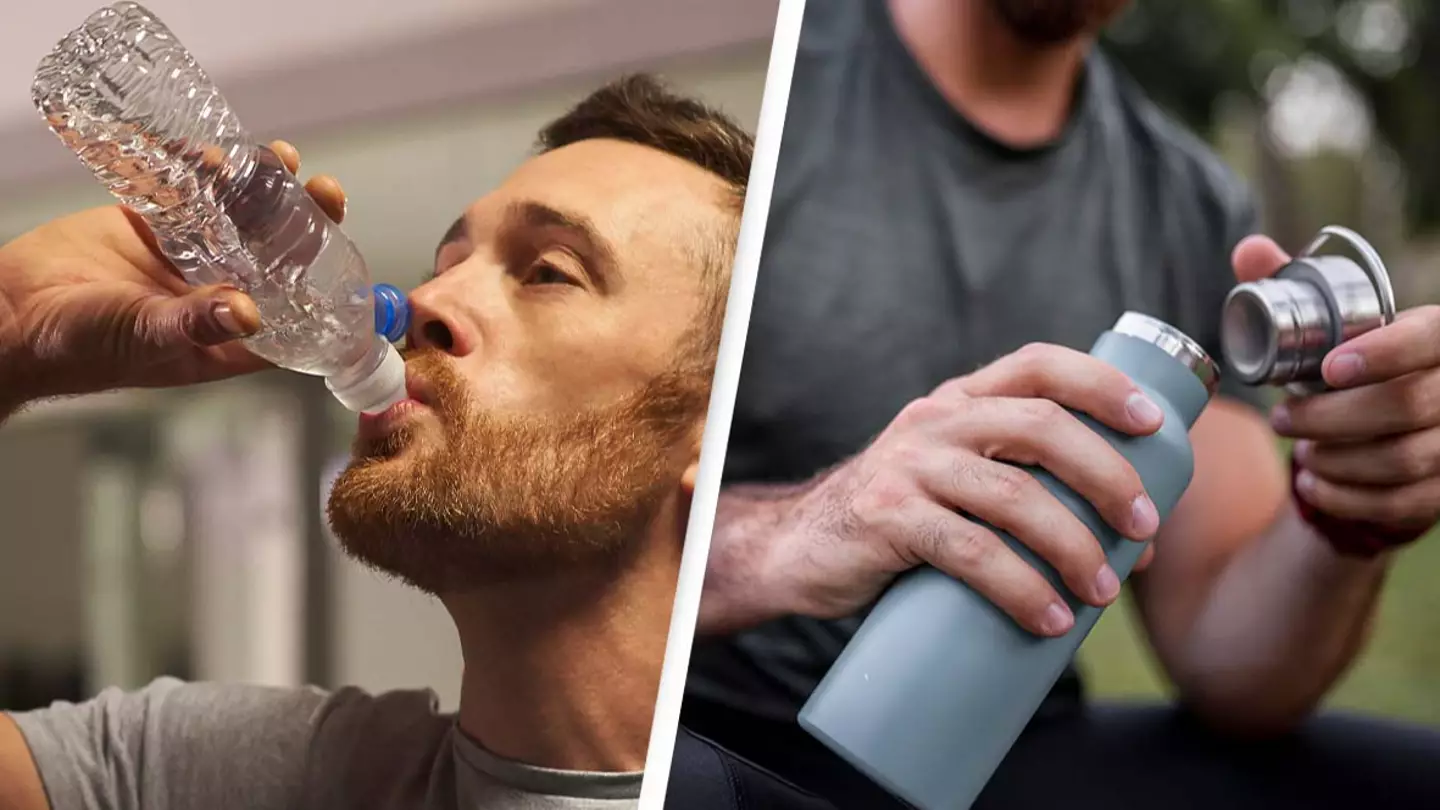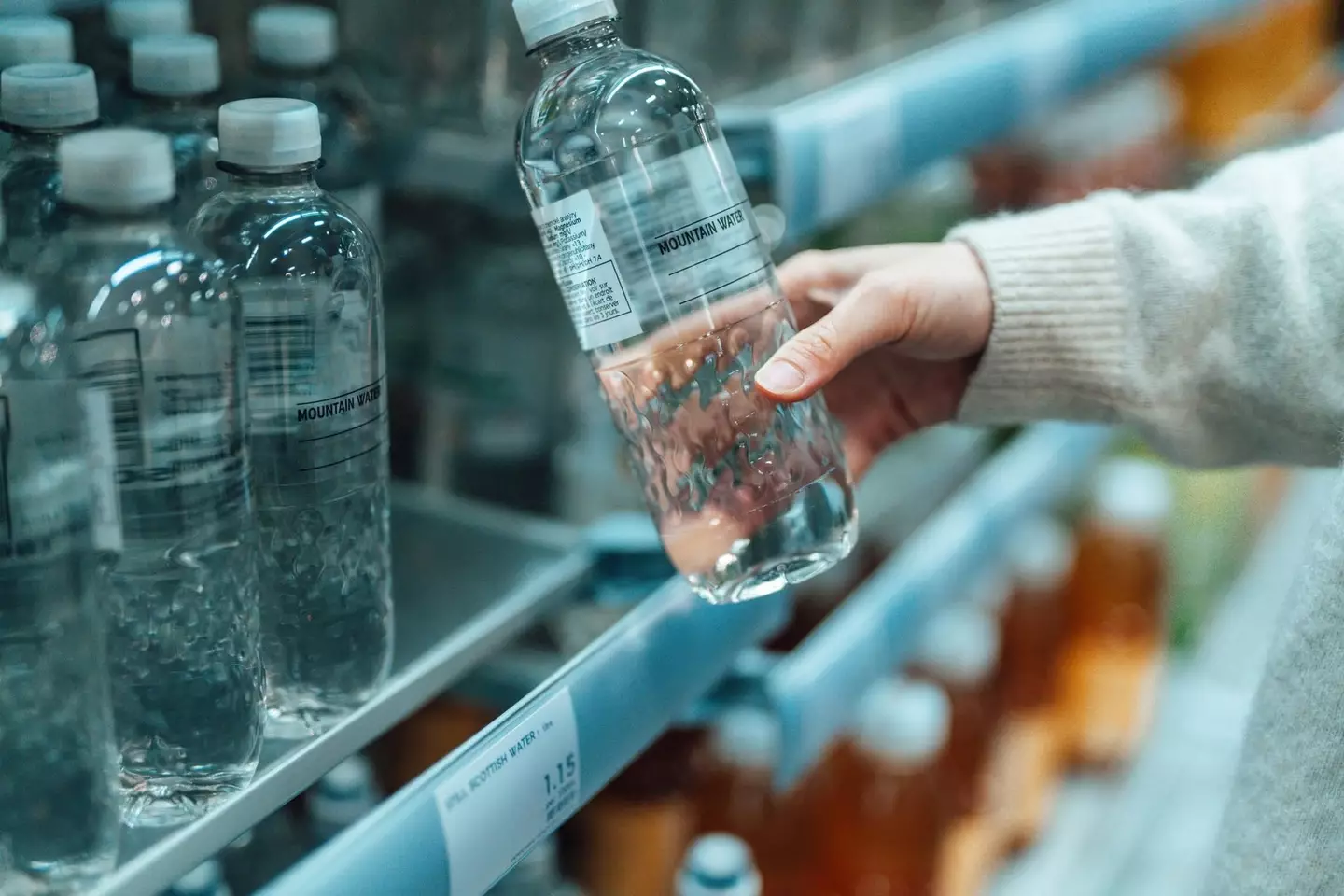
Bottled water drinkers are being warned after a new study found something shocking.
Whether you drink the occasional bottle of water or you religiously guzzle bottles down each day, you’re going to want to read this.
Scientists have now issued a warning for those of you bottle lovers to stop drinking your water out of these plastic bottles, and for a very good reason.
A study was conducted by Xin Gao and Xiaoqi Lang of the Columbia chemistry department; Huipeng Deng and Teodora Maria Bratu of Lamont-Doherty; Qixuan Chen of Columbia’s Mailman School of Public Health; and Phoebe Stapleton of Rutgers University, and published in the journal Proceedings of the National Academy of Sciences.
It revealed that drinking bottled water couple be causing your health some issues, particularly in the future.
The study found that there are tiny little pieces of plastic particles in plastic bottles, which then enter your body.
While you might not like reusable and sustainable bottles, now is the time to take the plunge and make the switch, as the researchers at Columbia University’s Lamont-Doherty Earth Observatory found an incredible amount of plastic in just one liter of water.
According to the study authors, there were 240,000 plastic particles found in the average-sized bottle, which is now 10 to 100 times more than previous estimates thought would be inside of a bottle.
The plastic particles are so small that they are called nanoplastics, and they could be linked to cancer, birth defects, and even fertility problems.
They are so small that they could enter our blood cells and our brains, causing issues for our health the more we consume them.
But that’s not the only issue with drinking from water bottles.
Unfortunately, the phthalates in the plastics are also dangerous for us to consume, as Express reported that the National Institute of Environmental Health Sciences stated this plastic is ‘linked with development, reproductive, brain, immune and other problems’.
“Previously this was just a dark area, uncharted. Toxicity studies were just guessing what’s in there,” said study coauthor Beizhan Yan. “This opens a window where we can look into a world that was not exposed to us before.”

The study found nanoplastics, and a lot of them (Getty Stock Image)
That’s not good for us.
According to a statement by the researchers, they were not surprised.
However, it’s not just bottled water you need to watch out for; it’s also your condiments that also come in plastic, such as mayonnaise or ketchup.
Qixuan Chen, a co-author of the study and associate professor at Columbia Mailman School of Public Health, said: “The study findings unveil a fresh perspective, enabling a more profound comprehension of the implications of plastic on both the environment and human health.”
“It is not totally unexpected to find so much of this stuff,” said Qian. “The idea is that the smaller things get, the more of them there are.”
Co-author Wei Min added: “There is a huge world of nanoplastics to be studied. It’s not size that matters. It’s the numbers, because the smaller things are, the more easily they can get inside us.”


